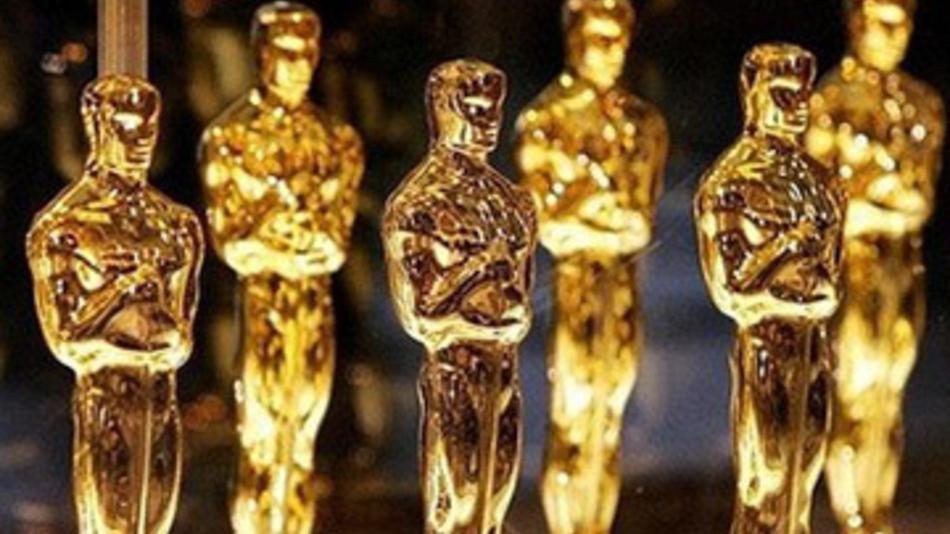It’s Oscars weekend: a time of ritualised anticipation and an acquired dread. In terms of diversity, this year’s 89th Academy Awards show a remarkable, albeit belated, improvement to last year’s ceremony, which was overshadowed by criticisms of an all-white actor nominee list. The problem was deep-rooted and embedded in the uniformity of the voting membership. Thankfully the Academy has made changes to the membership rules (previously dependent on accruing 10 year voting rights and remaining active in the film industry) and aims to double the number of women and members of colour by 2020. This year Moonlight, Loving, Hidden Figures, and Fences are among films that have actors, directors, and writers that will hopefully defy the lack of diversity of the last two Oscars.
Of course, with 14 nominations the grand and looming contender for the Oscars is La La Land (directed by Damien Chazelle). It’s a nostalgic pantheon to classic Hollywood romance – complete with dancing, singing, and the insatiable hopes of two struggling LA artists. The film swept the floor clean at the Golden Globes, and was the most decorated film in the award’s history, despite the fact that both Ryan Gosling and Emma Stone are hopeless at singing and dancing. It is ultimately a self-serving film in an enamoured Hollywood tradition. It’s the safe choice.
The other big winner of the Golden Globes was Moonlight, which received Best Picture for Drama. Easily the standout film of 2016, it follows the childhood of Chiron, a young, black, gay boy in Miami. By no means a Hollywood/Oscar archetype, the film renders the tensions and fumbling of youth within American. Jenkins (director) presents the Oscars with a perfect work of art, and characters intimately and ambivalently drawn. It was a mammoth artist achievement, with a meagre budget of only 5 million. I adored this film, and in my wishful mind, I want to see it to receive both Best Picture and Best Director, but the Oscar game makes it hard to reward art. It’s an establishment, an institution with a stubborn voting membership, a penchant for self-aggrandising, and a sucker for tradition.
Nonetheless I can’t help but feel justified in hoping for a Moonlight win. It makes a deep impression by elevating an American story that is too easily and too often ignored, forgotten, and even vilified – in Moonlight, there’s hardly a white person in sight, but it is nuanced and honest. I’m not arguing for a political win, a symbolic “fuck you” to the GREAT AMERICAN MAN, but to reward what ought to be rewarded. A win for Moonlight would be a win for artists.
Even still, it could be fanciful to assume a head to head between Moonlight and La La Land for Best Picture, as other worthy contenders include science-fiction film Arrival (directed by Denis Villeneuve); the Australian drama Lion (Garth Davis); the lauded Manchester by the Sea (Kenneth Longergan); Denzel Washington’s Fences; Hidden Figures, about female African-Americans at NASA (Theodore Melfi); Mel Gibson’s war film Hacksaw Ridge; and neo-Western crime thriller Hell or High Water (David Mackenzie). Either way, the results are in, and the Grand Staircase at Dolby Theatre awaits both a conventional and astounding line-up.
Words by Ryan Suckling

